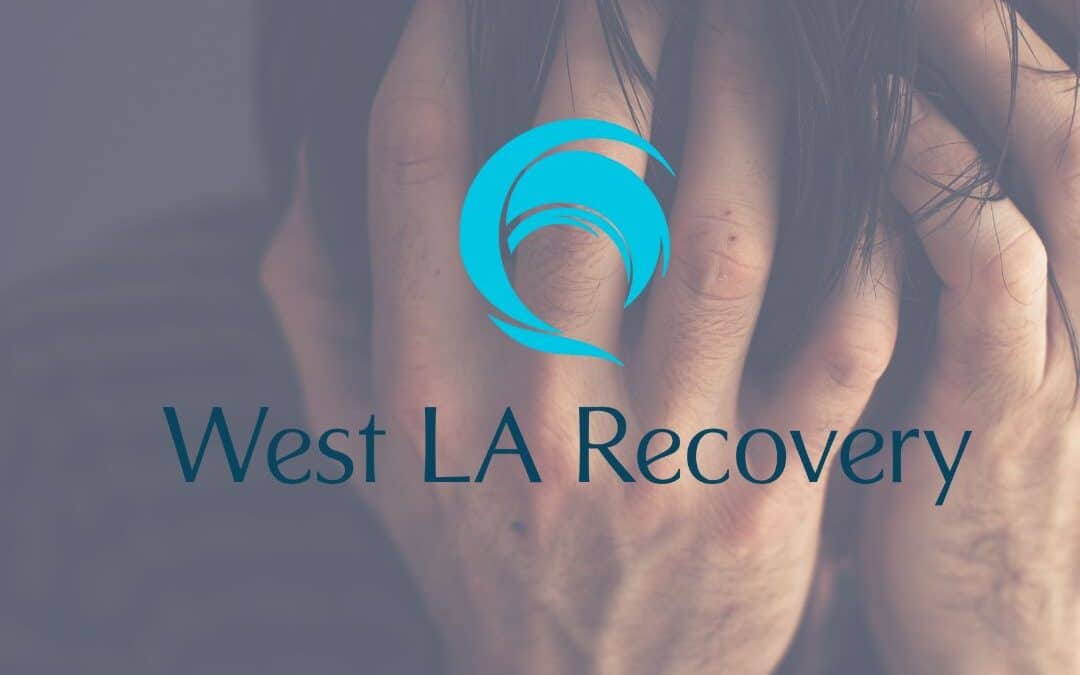Understanding Dry January
Dry January started in 2013 when Alcohol Change UK launched a public health campaign encouraging people to give up alcohol for the first month of the year. This initiative has grown from 4,000 participants in its first year to millions worldwide, creating a powerful movement toward mindful drinking.
The campaign’s core mission extends beyond a simple month-long break from alcohol. It aims to:
- Reset drinking patterns after holiday excesses
- Promote long-term behavioral changes
- Raise awareness about alcohol’s impact on health
- Support individuals in examining their relationship with alcohol
Why January?
January is the perfect time for this challenge. As the new year begins, many people naturally want to make positive changes in their lives. This connection with New Year’s resolutions creates a built-in support system, as countless others are also starting this journey at the same time.
The Impact of Dry January
Research shows that Dry January participants often experience lasting effects. A study by the University of Sussex revealed that 70% of participants reported better sleep, while 65% noticed improved health. Many continue to drink less throughout the year, demonstrating the campaign’s effectiveness as a potential gateway to sustained sobriety.
Discovering Life Without Alcohol
Starting your year without alcohol can lead to deep personal discoveries. Whether you’re questioning your drinking habits or looking for a new perspective, Dry January provides a structured opportunity to explore life without the influence of alcohol.
Health Benefits of Participating in Dry January
Taking a break from alcohol for 31 days brings remarkable physical and mental health improvements. Your body starts healing within days of stopping alcohol consumption, leading to significant wellness transformations.
Physical Health Benefits:
- Better sleep patterns and deeper rest cycles
- Increased energy levels throughout the day
- Natural weight loss from reduced empty calories
- Lower blood pressure readings
- Enhanced liver function and detoxification
- Clearer, more hydrated skin
- Stronger immune system response
The emotional benefits of alcohol abstinence are equally powerful. Many participants report reduced anxiety levels and improved emotional stability. Without alcohol’s depressive effects, you’ll experience:
- Balanced mood patterns
- Sharper mental clarity
- Reduced stress responses
- Better emotional regulation
- Improved self-esteem
Research shows that taking a month-long break from alcohol can decrease your risk of various chronic conditions:
- Heart disease
- Liver complications
- Certain types of cancer
- Type 2 diabetes
- High blood pressure
These health improvements don’t just last during January. Many participants maintain lower alcohol consumption levels throughout the year, leading to sustained health benefits. Your body’s natural healing processes work more effectively without alcohol’s interference, creating a foundation for long-term wellness.
Understanding Alcohol Consumption Patterns and the Impact of COVID-19 on Drinking Habits
Pre-pandemic drinking habits often revolved around social gatherings, celebrations, and after-work routines. Many individuals found themselves reaching for a drink to:
- Unwind after a stressful workday
- Celebrate special occasions
- Cope with mild anxiety or social situations
- Connect with friends and colleagues
The COVID-19 pandemic dramatically shifted these patterns. Lockdowns and social distancing measures created new triggers for alcohol consumption:
- Increased isolation led to solitary drinking at home
- Work-from-home culture blurred the lines between professional and personal life
- Heightened anxiety about health and economic uncertainty
- Virtual happy hours normalized drinking alone
Recent studies show a 14% increase in alcohol consumption during the pandemic, with women reporting a 41% rise in heavy drinking episodes. These statistics highlight the importance of self-reflection about your relationship with alcohol.
Ask yourself these questions:
- Has your alcohol consumption increased since 2020?
- Do you drink alone more frequently now?
- Are you using alcohol to manage stress or emotions?
- Has drinking become a daily ritual rather than an occasional choice?
Understanding your personal drinking patterns helps identify areas where change might benefit your physical and mental well-being. This awareness serves as a powerful foundation for making conscious decisions about alcohol consumption.
Setting Intentions for a Successful Dry January
Setting clear, achievable goals is crucial for your Dry January success. Start by writing down your specific reasons for participating – whether it’s improving health, saving money, or reassessing your relationship with alcohol. These personal motivations become powerful reminders during challenging moments.
Practical Steps for Success:
- Remove all alcohol from your home
- Stock up on engaging non-alcoholic alternatives
- Create a calendar marking potential trigger events
- Set up daily reminders of your goals
- Track your progress with a journal or app
Preparing for Social Situations:
Your social circle might challenge your Dry January commitment. Practice these responses:
- “I’m focusing on my health this month”
- “I’m taking a break from drinking”
- “I’m the designated driver tonight”
Strategic Environment Setup:
- Replace your bar cart with a tea/coffee station
- Create a “mocktail corner” with fresh ingredients
- Keep sparkling water readily available
- Display your goals where you’ll see them daily
Remember to break down your month-long goal into smaller weekly targets. This approach makes the challenge feel more manageable and provides regular opportunities to celebrate small victories. Consider each social event as a chance to strengthen your commitment rather than viewing it as an obstacle.
Exploring Alternatives to Alcohol During Dry January and Building a Support System for Sobriety
The alcohol-free beverage market has exploded with exciting options for your Dry January journey. Popular brands like Athletic Brewing offer craft non-alcoholic beers, while Seedlip provides sophisticated alcohol-free spirits for crafting mocktails. These alternatives help maintain social rituals without compromising your sobriety goals.
Sober Bars: A New Trend in Nightlife
Sober bars are transforming nightlife across major cities. These alcohol-free establishments create safe spaces for meaningful connections and entertainment without the pressure to drink. You’ll find expertly crafted mocktails, live music, and a vibrant community of like-minded individuals.
Alternative Activities for Socializing
Instead of reaching for a drink, consider these activities that promote socializing without alcohol:
- Join a fitness class or sports league
- Host dinner parties featuring creative mocktails
- Explore local coffee shops and tea houses
- Attend art galleries or museum exhibitions
- Try rock climbing or hiking groups
Building a Strong Support System
Building a strong support system strengthens your commitment to Dry January. Share your goals with trusted friends and family members who respect your choice. Their understanding and encouragement make social situations easier to navigate.
Digital communities provide 24/7 support through platforms like Reddit’s r/stopdrinking or Instagram’s #SoberCurious hashtag. These online spaces connect you with others sharing similar experiences and challenges. The #DryJanuary community offers daily motivation, tips, and success stories to keep you inspired throughout your journey.
Local recovery groups and sober meetups create opportunities for face-to-face connections with others prioritizing sobriety. These gatherings often organize alcohol-free events and activities, helping you build lasting friendships based on shared values and experiences.
Measuring the Effects of Dry January on Sobriety and Engaging in Sober Celebrations and Activities
Tracking your Dry January journey helps solidify your commitment to sobriety. Popular apps like I Am Sober and Sober Time offer daily check-ins, milestone celebrations, and progress tracking features. These digital tools create visual representations of your achievements, from money saved to calories avoided.
Your post-January relationship with alcohol deserves thoughtful evaluation. Consider keeping a journal to document:
- Changes in sleep patterns
- Energy level fluctuations
- Mood improvements
- Physical health benefits
- Social interaction experiences
Maintaining sobriety beyond January becomes easier with engaging alcohol-free activities. Transform your New Year’s Eve celebration with these sober alternatives:
- Host a mocktail mixing competition
- Plan a midnight meditation session
- Organize a game night tournament
- Create a vision board party
The sober events landscape continues to expand. Wellness retreats like Mindful Getaway and Spirit Mountain offer structured programs combining meditation, yoga, and personal growth workshops. Music festivals embrace sobriety too – Burning Man features dedicated sober camps, while Lightning in a Bottle provides designated spaces for recovery meetings.
These alcohol-free experiences foster genuine connections and create lasting memories without the need for substances. Your sobriety journey opens doors to new communities and experiences that support your wellness goals. For instance, if you’re in Los Angeles, you can explore the vibrant social scene alcohol-free with some fun activities that connect you with like-minded people and help you enjoy a fulfilling social life.







